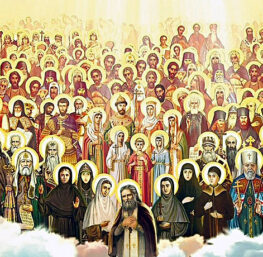Townhall | Thomas Sowell | Feb. 27, 2008
People on the left often use other countries as examples of things that we should do. If other countries have a government-run medical system, then we should have one too, they say. If other countries control prices, then we should control prices — or so the reasoning goes.
Almost never is there any suggestion that we should first find out whether the actual results of the policies we are supposed to imitate are better or worse than what we already have.
There is in fact a lot that we can learn from other countries if we look at the actual consequences of some of the things we are being urged to do, instead of just assuming that we should automatically imitate what others are doing.
Studies have already shown that the waiting time before being able to get surgery is several times as long in a number of countries with government-run medical systems as in the United States. Modern medical technology like MRIs and CAT scans are also rarer in such countries.
Venezuela is currently giving us a lesson on the consequences of price controls. The government of leftist President Hugo Chavez has imposed price controls — and seems to be surprised that lower prices have lead to reduced supplies, even though price controls have led to reduced supplies in countries around the world and for thousands of years.
There were price controls back in the days of the Roman Empire, under the Pharaohs in Egypt, and in ancient Babylon. There is plenty of history to look at, if we bother.
Price controls under the Roman Emperor Diocletian led to a decline in the supply of goods. The same thing happened under President Richard Nixon’s price controls in the 1970s. It has happened in Zimbabwe within the past year.
Rent control laws led to housing shortages in Cairo — and in Berkeley, Hanoi, Paris, and other cities around the world.
When price controls in Venezuela led to food shortages, Hugo Chavez accused companies of “hoarding” food. The emperor Diocletian was similarly accusatory when his price controls reduced supplies, many centuries ago.
Political leaders always find someone else to blame for the bad consequences of their own policies.
Hugo Chavez has blamed foreign owned companies for Venezuela’s food shortages and threatened to “nationalize” them. This too is an old political game that seldom does the people of the country any good.
What is remarkable is how little interest there is among the media and among the public in how often and how consistently this has happened in the wake of price controls.
. . . more



